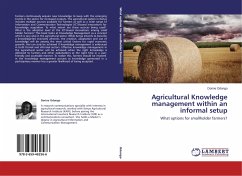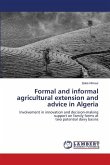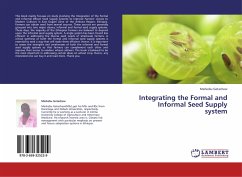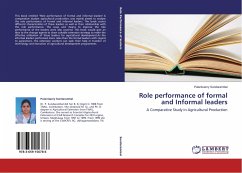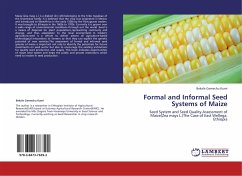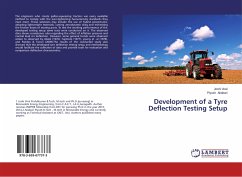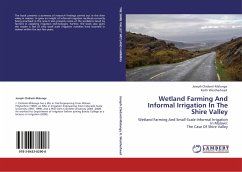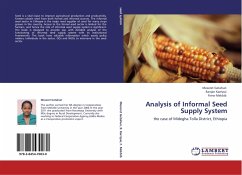Farmers continuously acquire new knowledge to keep with the emerging trends in the sector for increased outputs. The agricultural system in Kenya includes multiple sources available for farmers as well as a wide range of Information and Communication Technologies (ICT)-based innovations for knowledge acquisition. To what extent are these sources being used? What is the adoption level of the ICT-based innovations among small holder farmers? This book looks at Knowledge Management as a concept which is very vital in the agricultural sector. While Kenya intends to become a knowledge-led economy wherein, the creation, adaptation and use of knowledge will be among the most critical factors for rapid economic growth; this can only be achieved if knowledge management is embraced in both formal and informal sectors. Effective knowledge management in the agricultural sector will be achieved when the right knowledge is delivered to farmers and other stakeholders at the right time in a user-friendly and accessible manner. To realize this, farmers should be involved in the knowledge management process as knowledge generated in a participatory manner has a greater likelihood of being accepted.

